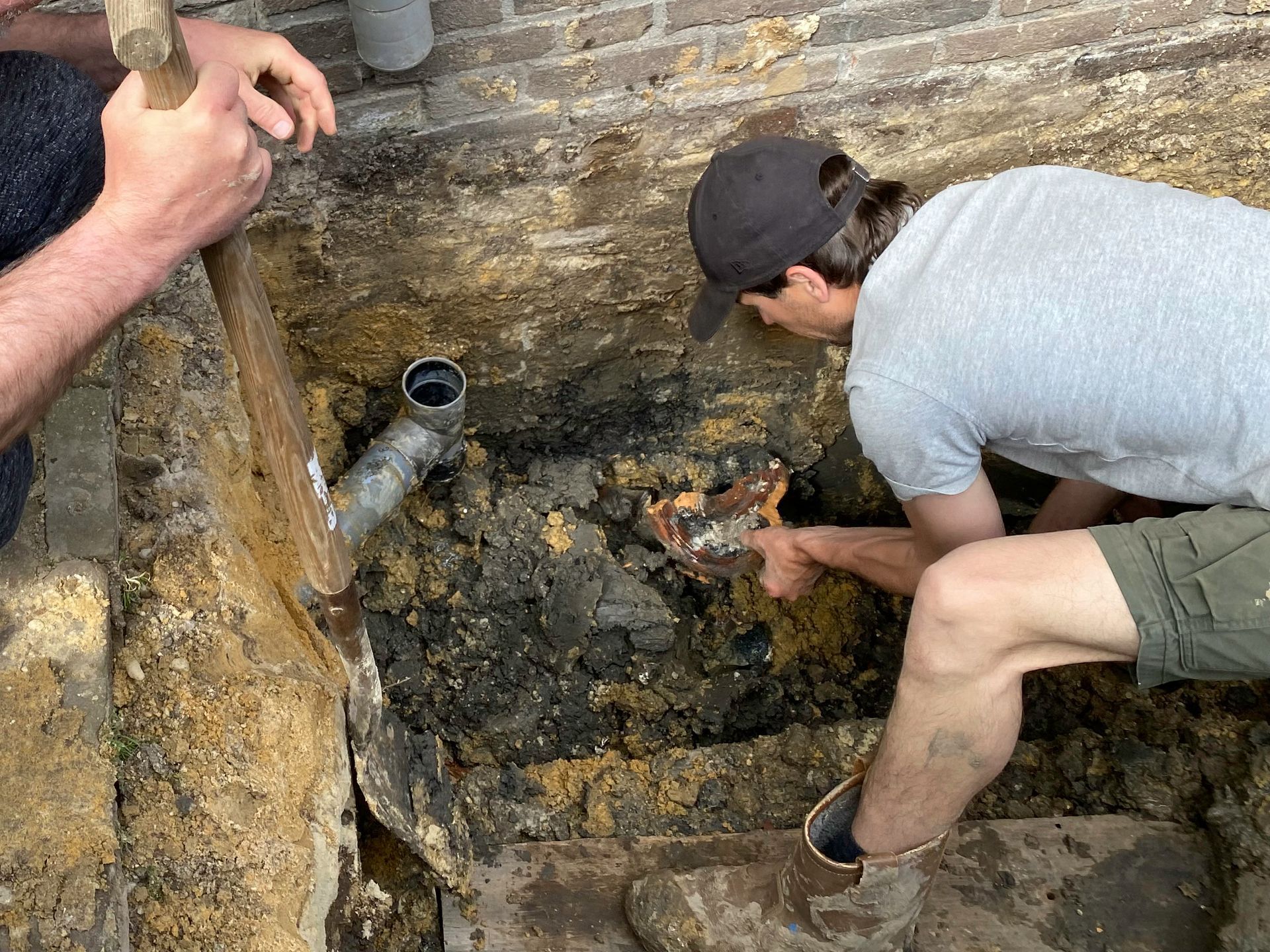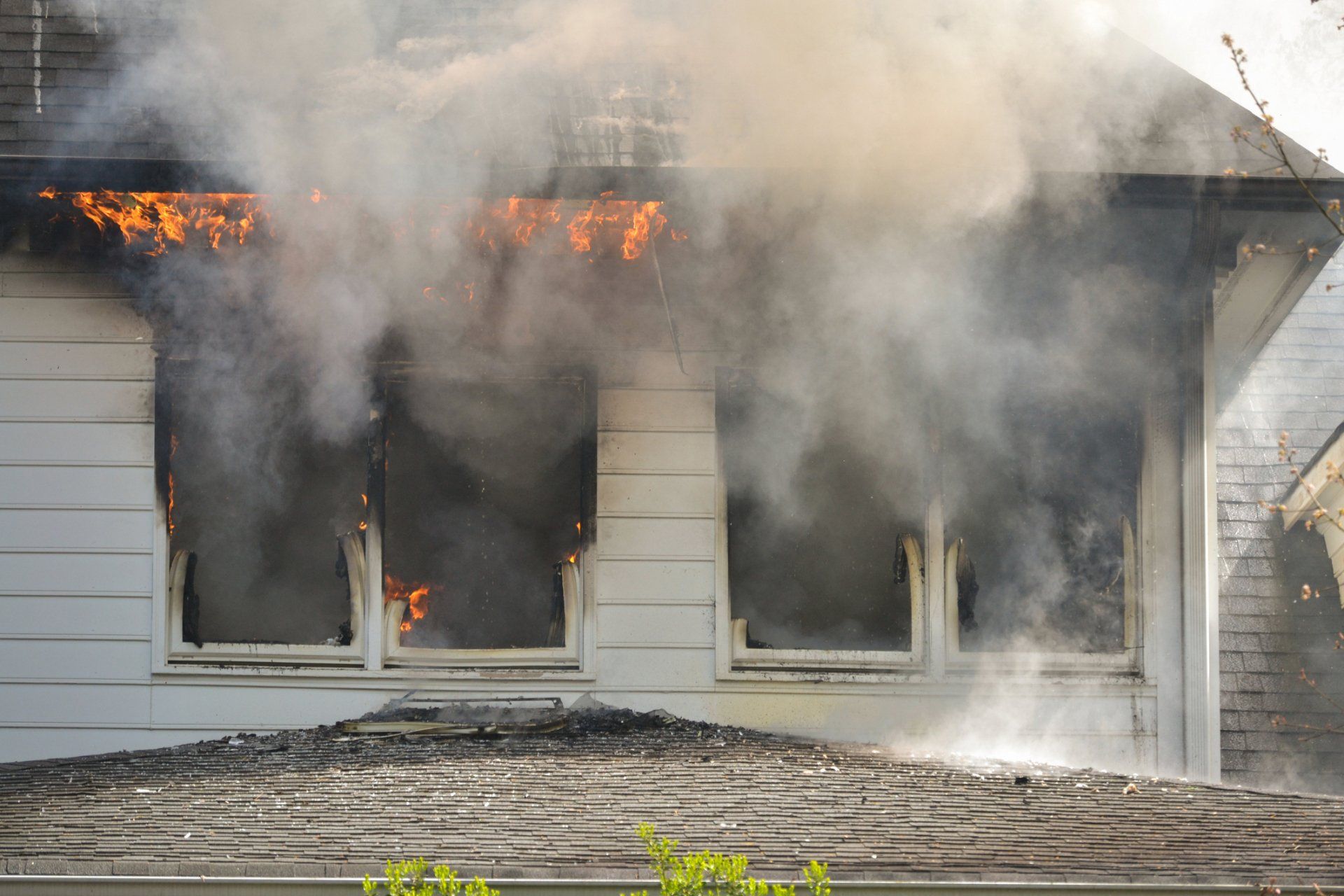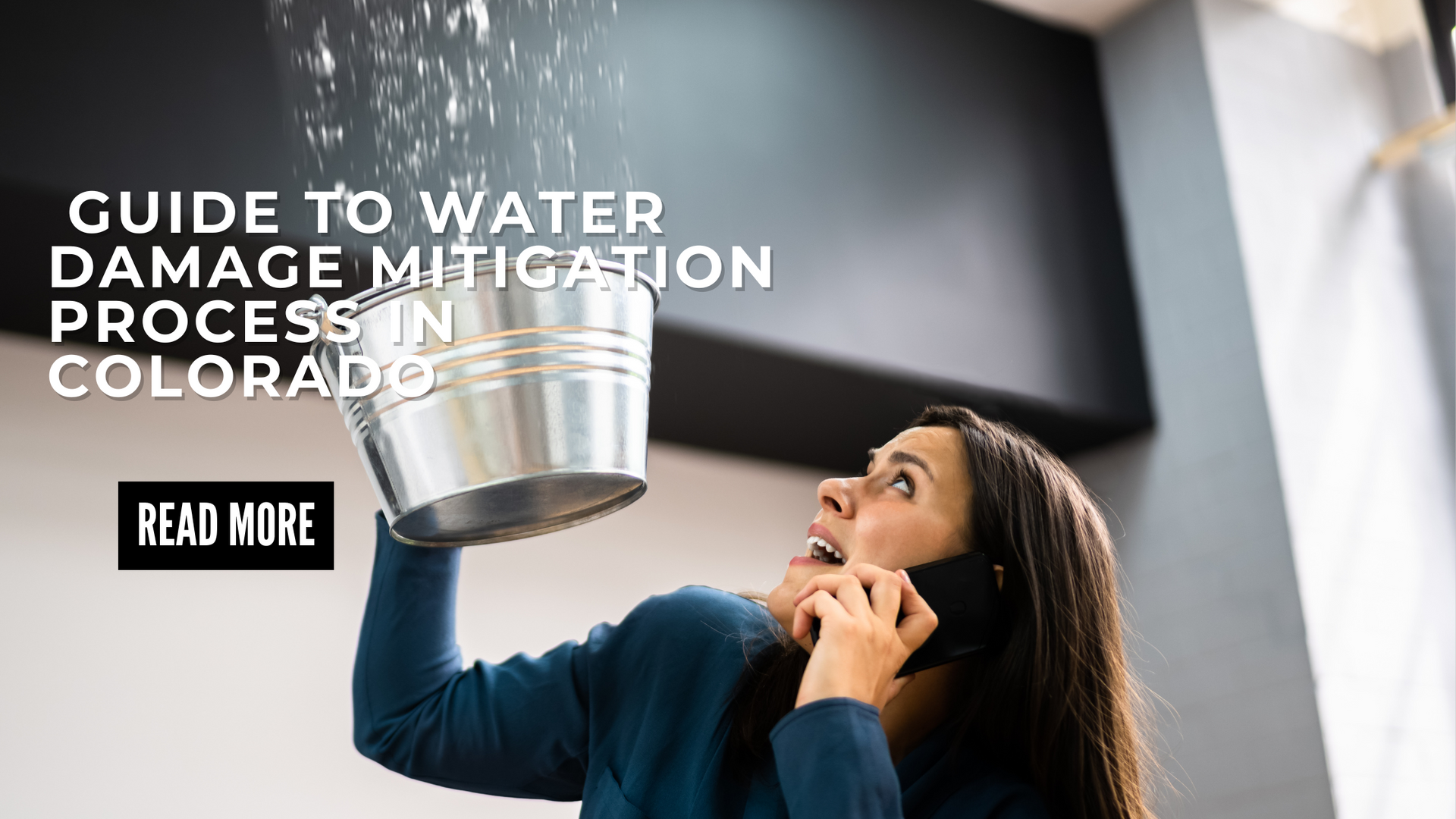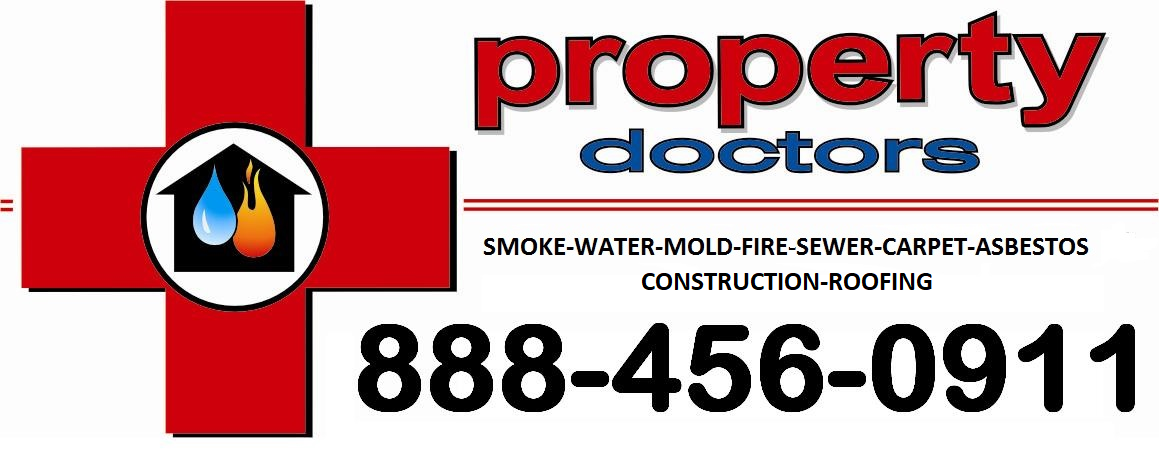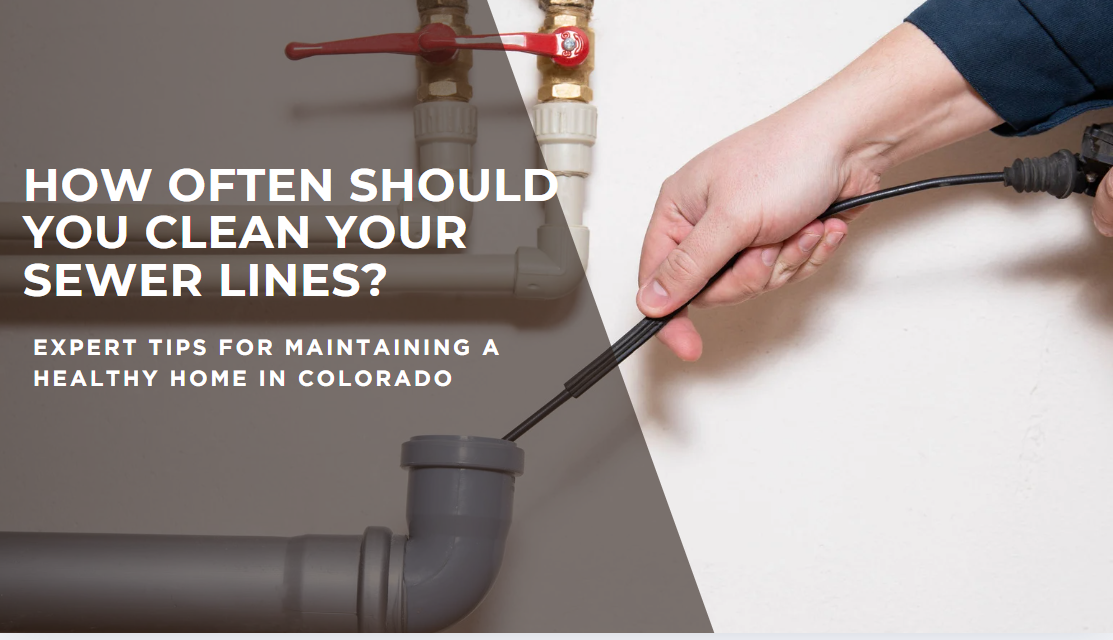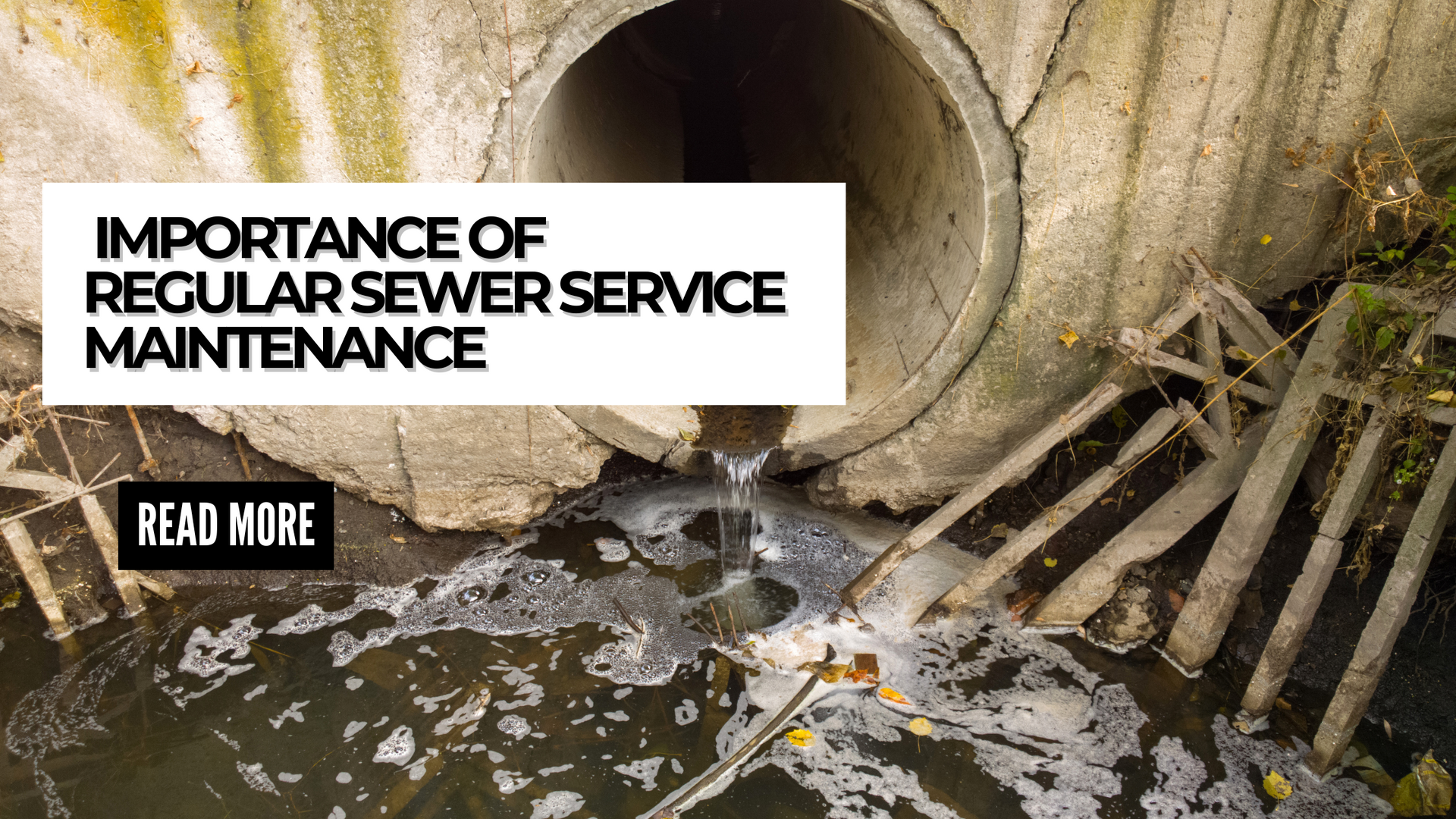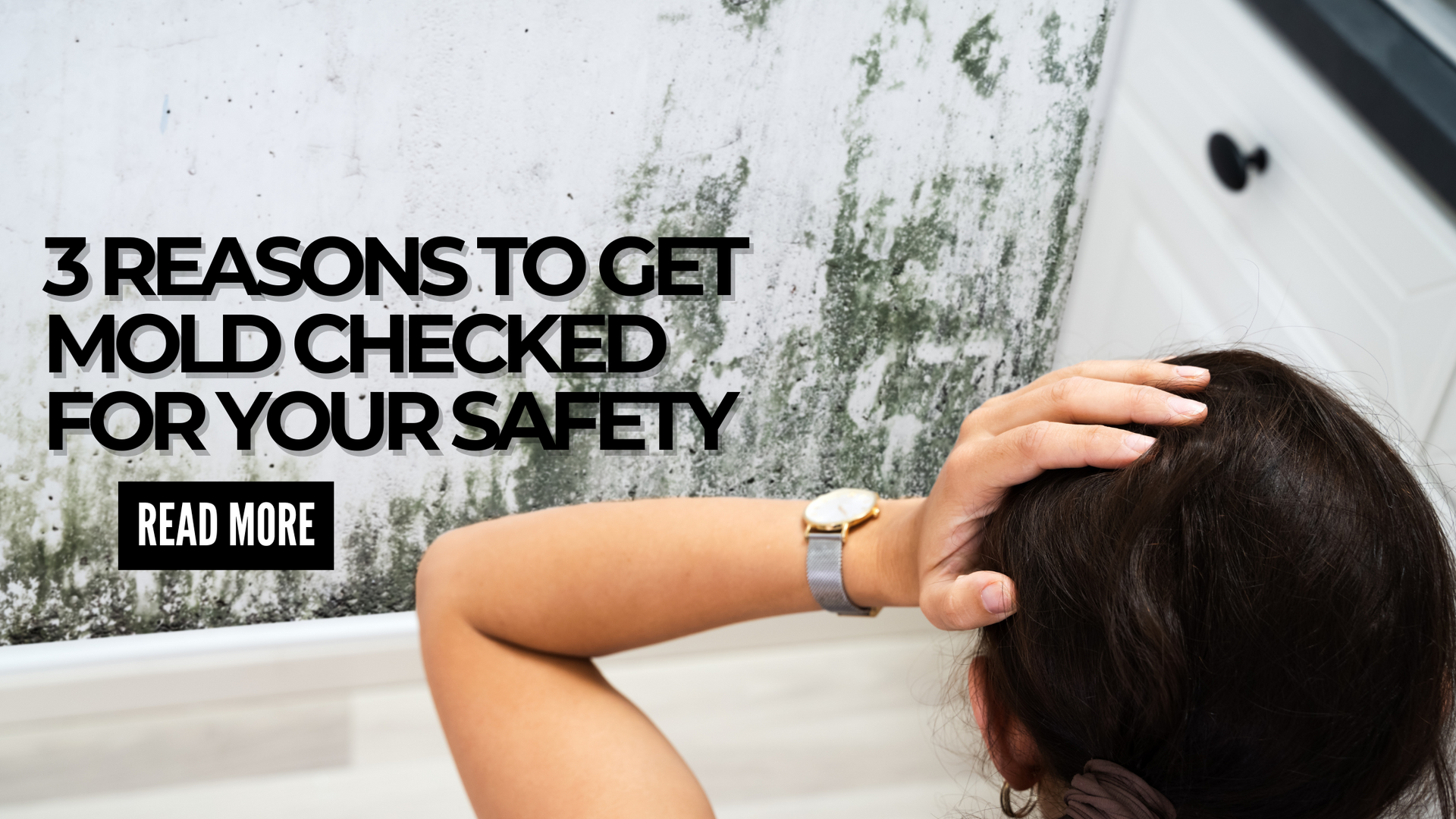Why Frozen Pipes Are a Concern in Denver
When temperatures drop, water in your pipes can freeze, causing pressure to build up inside the pipe. Eventually, this pressure can cause the pipe to burst, leading to significant water damage, flooding, and potentially structural issues. With Denver’s unpredictable weather, frozen pipes are a major concern, especially in homes that aren’t properly prepared for the winter chill.
Property Doctors has years of experience in handling water damage restoration caused by
frozen pipes, and we know that the best way to deal with the problem is to prevent it before it happens.
Essential Tips to Prevent Frozen Pipes in Denver
1. Insulate Pipes in Vulnerable Areas
The first step in protecting your pipes is to insulate them, particularly in areas that are more exposed to cold temperatures, such as basements, crawl spaces, attics, and garages. Pipe insulation helps maintain the water temperature and prevents freezing, reducing the chances of costly repairs. For extra protection, consider using heat tape on your pipes in especially cold spots.
2. Keep Cabinet Doors Open
In colder weather, allow warm air to circulate around pipes located in cabinets, especially those in your kitchen and bathrooms. By keeping cabinet doors open, you give your home’s heat the opportunity to keep pipes warmer, preventing them from freezing. This is especially important if your sink is located on an exterior wall, where the cold can easily seep in.
3. Let Faucets Drip
During extreme cold spells, leave a faucet slightly open to allow water to drip. This keeps water moving through the pipes, making it less likely to freeze. If the temperature drops significantly, even a slow drip can make a big difference in preventing your pipes from freezing.
4. Seal Cracks and Gaps Around Pipes
Inspect your home for any gaps or cracks around the pipes, especially those near windows, doors, and the foundation. Seal these gaps with caulk or foam insulation to prevent cold air from reaching the pipes. This simple step can provide an extra layer of protection against freezing temperatures.
5. Maintain a Consistent Temperature
Keeping your home at a consistent temperature is key during the winter months. Avoid setting your thermostat too low, especially when you’re away from home. If you plan to be gone for an extended period, set the temperature to no lower than 55°F to ensure that pipes don’t freeze in your absence.
6. Drain Outdoor Hoses and Sprinkler Systems
Before the first freeze, be sure to disconnect garden hoses and drain any outdoor sprinkler systems. Leaving water in hoses can cause them to freeze, which can lead to damage not only to the hose but also to the pipes that supply water to them.
What to Do If Your Pipes Freeze
Despite your best efforts to prevent it, sometimes pipes still freeze. If you find yourself dealing with frozen pipes, it’s essential to act quickly to avoid burst pipes and water damage. Here are the steps to take:
- Shut Off the Water:
Immediately turn off the water supply to your home to prevent flooding in case the pipe bursts.
- Thaw the Pipes:
Use a hair dryer or heat gun to gently thaw the frozen pipe, starting at the end nearest to the faucet. Do not use open flames or high-heat tools, as these can damage the pipes.
- Call a Professional:
If you’re unable to thaw the pipe yourself, don’t hesitate to call Property Doctors. Our experts can safely and effectively thaw frozen pipes and assess any damage to prevent further issues.
Why Choose Property Doctors for Water Damage Restoration in Denver?
At Property Doctors, we’re committed to helping Denver homeowners prevent water damage from frozen pipes. But we also know that accidents happen, and when they do, we’re here to provide expert restoration services. If you’ve suffered from burst pipes or water damage caused by the cold, our team is available 24/7 to help restore your home to its original condition.
Our water damage restoration services are designed to quickly address the damage caused by frozen pipes, mitigate any mold growth, and ensure your home is safe and dry. With advanced water extraction equipment, drying technology, and
expert mold remediation
services, we’ll help you get your home back to normal as soon as possible.
Conclusion
Preventing frozen pipes is essential for Denver homeowners, particularly as the winter months approach. By following the tips outlined in this guide and preparing your home for the cold, you can reduce the risk of water damage and ensure your pipes stay intact. However, if you find yourself dealing with a frozen pipe or water damage, don’t hesitate to contact
Property Doctors. Our team of experts is ready to help with emergency water damage restoration services and ensure your home is safe and protected this winter.
If you need assistance with preventing or handling frozen pipes in Denver, call Property Doctors today at
888-465-0911. We’re here to help you weather the storm!
